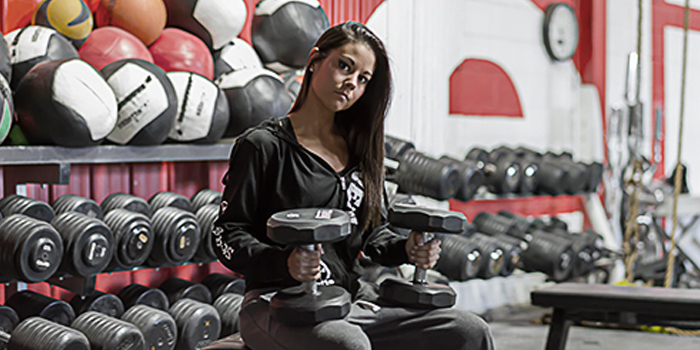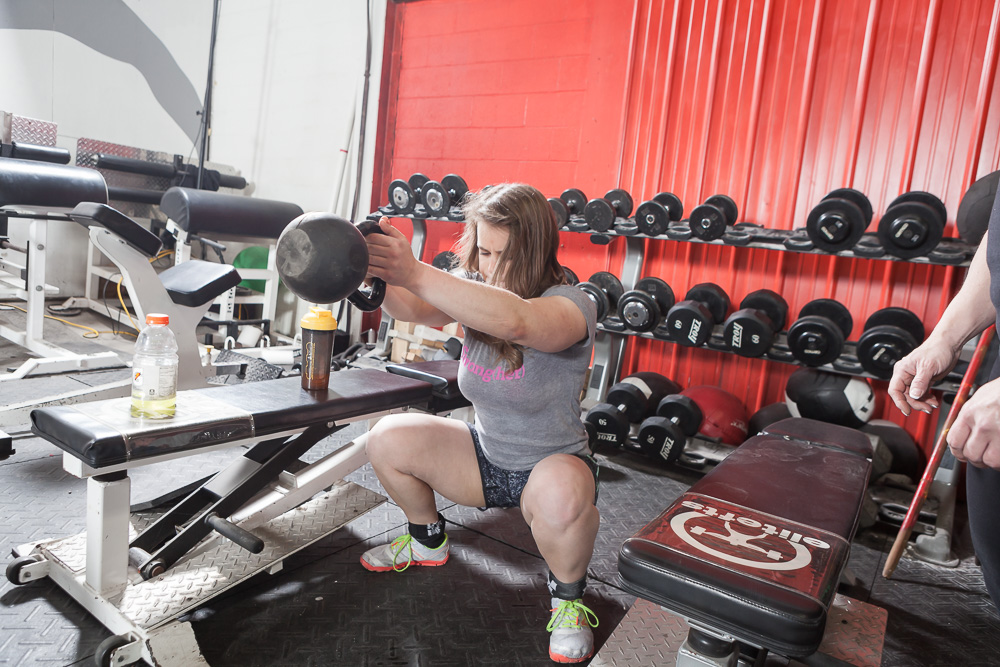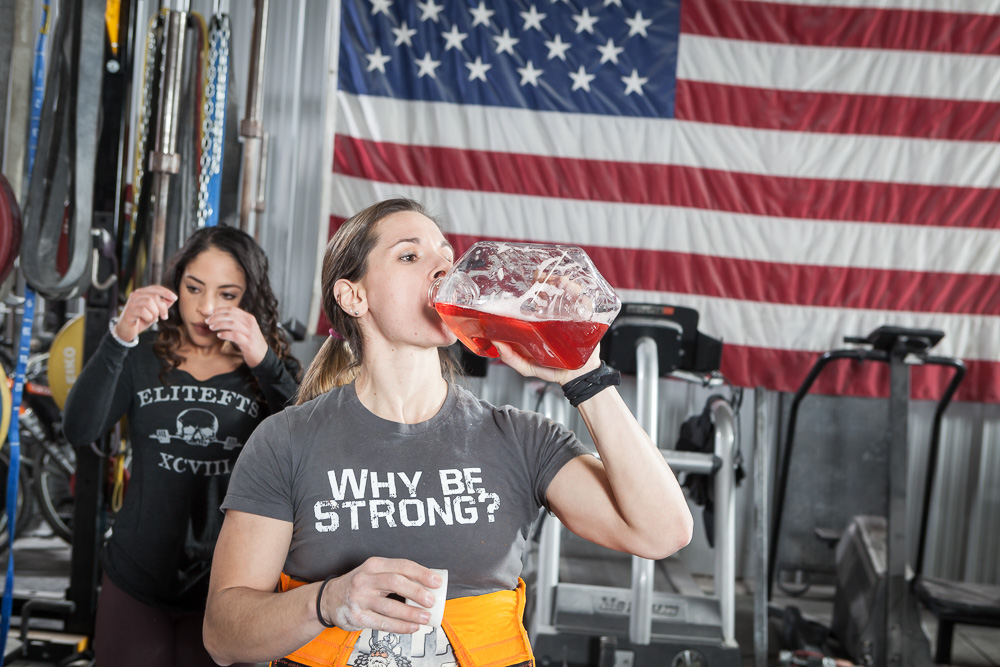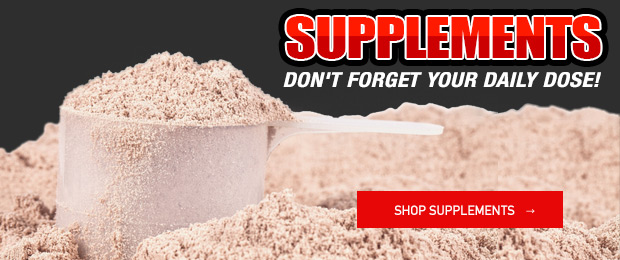
I've been meaning to write about this topic for a while. I find that supplements marketed for women are misleading or of poor quality. Of course, I'm not talking about all women’s supplements. Some are very effective and intentionally dosed. However, others aren't what they claim to be. In this article, I'll discuss what to look for in a women's supplement so that you can differentiate between a quality product and a marketing scheme.
Intentional Marketing Toward Women
First, let’s discuss the marketing behind women’s supplements so that you have some context. If you've ever put a woman’s product and a “for everyone” product next to each other, you'll notice a few differences. The biggest difference is the use of buzz words and phrases used to describe the product and its effects. You'll see buzz words like:
- Clean energy
- Appetite control
- Lean protein
- Low calorie
- Low carb
- All natural
And you'll see phrases like:
- Curb your hunger
- Eat less but feel full
- Use as a meal
- No bloating
Compare these with those found on products marketed for everyone or mostly males:
- Enhanced muscle recovery
- Improved energy
- Provides fuel
- Increase in lean mass
- Loaded with electrolytes
- Accelerates performance
- Gain strength
Do you see what I'm getting at? There is a huge difference between women-specific marketing and marketing for the general/male population. When it comes to marketing products for women, companies tend to focus on improving your appearance, losing weight and controlling cravings. In contrast, general products are geared more toward enhancing performance, becoming stronger and providing fuel for your workout.
RECENT: Fat Loss Sabotage: Are You Hindering Your Fat Loss?
Every buzz word or phrase that I just described for both targeted groups were all based on similar, if not the same, types of products with the exact same effects. They were just described differently depending on who the product was marketed for. Notice how I said “marketed for,” not “designed for.” Most products geared toward women are pretty similar to their counterparts but are typically more expensive and have a flower or pink design on the label. Let's discuss protein powders, fat burners and pre-workouts marketed toward women and what specific things you should look out for.
Protein Powders for Women
When it comes to protein powders, the first thing to look at actually isn't on the front of the label. You need to flip that baby around and check out the nutrition facts and ingredient list.
The first ingredient (also what the majority of the product will contain) in women’s products is typically soy based or whey concentrate. Both are cheap to manufacture, and you can bet that the companies know most women don’t know that. Those ingredients also aren't ideal for muscle recovery and digestion. An isolate-based protein is ideal, which you'll find in many general protein products. So be sure to pay attention to what type of protein you're actually buying.
You may also notice that women’s protein powders are filled with tons of vitamins and minerals. What’s wrong with that? Nothing, except that it gives the company a reason to jack up the price per serving. Nine times out of 10, you can take a one-a-day women’s multivitamin and get plenty of everything you need, if not more, for less money in the long run. Adding it as part of your shake is simply making the shake more expensive and redundant. Most women take a multivitamin anyway, so adding it to a protein powder is a wash. Your body will excrete the access vitamins and minerals that you just drank, leaving you with very expensive pee.
As you scroll through the list of ingredients, you may see sunflower oil pop up somewhere on 99 percent of women’s protein powders. Not only is sunflower oil bad for you, but of course it tastes great! Sunflower oil makes everything taste delicious, so yes, they add this on purpose. Women typically put taste very high on the priority list of supplements and companies know this! I've never tasted a women’s protein powder that was awful. They all taste like heaven in a shaker bottle with an added 5 grams of fat per shake. While we're talking about fat content, many women’s protein powders will have a higher fat content than their counterparts due to the sunflower oil. This can cause slower absorption and digestive upset.
Lastly, let’s talk about serving sizes. Something you should really pay attention to in a protein powder or product in general is the serving size. Many people miss this and end up paying for it in the end. Typically, most women’s protein powders have fewer servings per pound (you may have to use two scoops of the product instead of one to get the desired serving amount), leading you to believe that you only paid X amount for five pounds of protein, but it cost you twice as much as you thought. Most women’s protein powders are typically less than 16 grams of protein per scoop, therefore if a serving gives you 25 grams of protein, you're double dipping, my friend.
Fat Burners and Pre-Workouts for Women
Now let’s take a look at fat burners and pre-workouts. I lumped these two together because a lot of the points go hand in hand. Unlike protein powder, I'll actually focus more on what these products don’t have but probably should.
From my experience, some of the best fat burners for women are usually the ones not actually marketed for women. Again, women and everyone in general should make sure to read the full nutritional facts and ingredients to make sure that the product is in line with their goals and current fitness levels. When it comes to fat burners and pre-workouts, I think the more simple, the better. There are main ingredients that I specifically look for and anything else is just extra or potentially unnecessary. I like to think of these products as I do my training. In training, you typically have your main lift or movement and the accessory work that enhances your main lift. The same idea holds true for pre-workouts and fat burners.
My “main lift” ingredients for these products are as follows:
Pre-Workout
- Creatine Monohydrate
- Caffeine Anhydrous
- Beta Alanine
Fat Burner
- Caffeine Anhydrous
- Green Tea Extract
- Forskolin
These are what I like best personally, but it may differ from person to person based on preference and goals.
All ingredients outside of these are my accessory ingredients. They aren't my top dogs. Unfortunately, many women’s fat burners and pre-workouts feature more of what I consider “accessory” ingredients. Could you imagine doing nothing but accessory work in your training and being successful? No. The same applies here. If you don’t know what the ingredients are in a product or their effects, you may want to do a quick Google search or, better yet, ask a professional.
Many women’s pre-workouts don't contain creatine due to potential bloating or holding water. Personally, I think this is complete crap. Creatine is a tried and true ingredient and, in its monohydrate form, you don't typically experience any bloating. You experience bloating with creatine “blends” of sorts. Creatine is a strong aid in muscle recovery and overall performance. The benefits of creatine far outweigh any negatives in my opinion.
MORE: The Truth About Protein Powders
Also, some women’s pre-workouts don't contain beta-alanine because it creates a “tingling” sensation that some may not be a fan of feeling. Well, again, much like creatine, beta-alanine serves a purpose and is an intentional ingredient. Beta-alanine helps you from fatiguing as quickly during your workout, which is kind of an important aspect and pretty much the whole point of taking a pre-workout supplement in the first place, don’t you think?
Lastly—and this is one of my favorites—raspberry ketones popped up in every women’s fat burner since the minute Dr. Oz said that it was the end all be all. Well, it isn't. Like I discussed before, raspberry ketones are an “accessory” ingredient. In my opinion, raspberry ketones are like the leg extensions on leg day. They definitely aren't the squat or leg press.
I'm not trying to bash women’s supplements or any specific brands in particular because some are actually great. But everyone, women especially, need to pay more attention to what they're actually buying. There are great products out there for men and women, but much of what I consider the best products go unnoticed next to a product with powerful marketing. You want to buy a product based on what is on the back, not the front. If you have questions about specific supplement ingredients, feel free to comment below or ask us on the elitefts™ Q&A.












